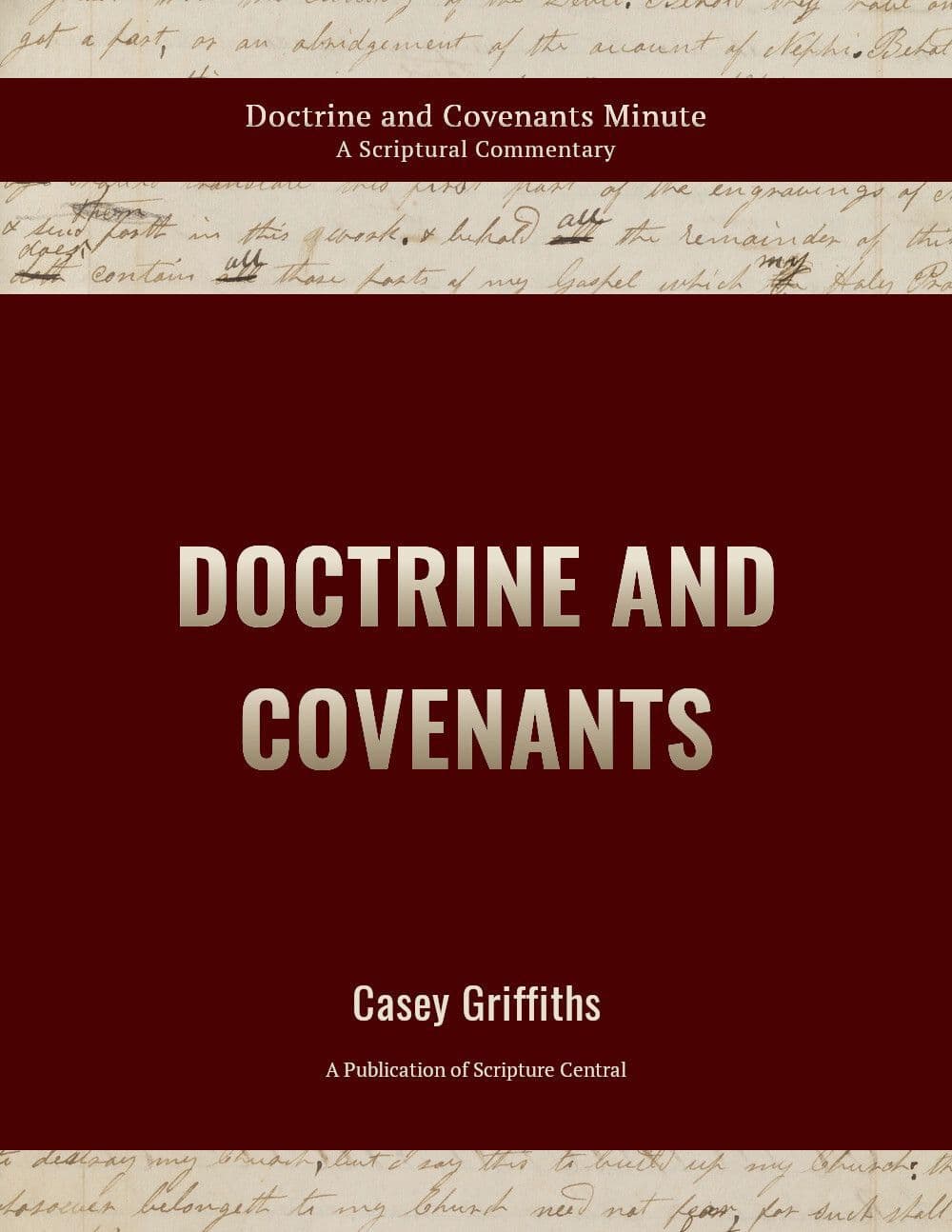Book
144 Chapters

This revelation addresses Joseph Smith’s need for temporal support after the busy time involved in translating the Book of Mormon and organizing the Church. Even after the Church was organized, much of Joseph’s time was consumed traveling between the different branches of the Church in New York and Pennsylvania. At the time Joseph and Emma were living on a small thirteen-acre plot of land they had offered to purchase from Emma’s father, Isaac Hale. Because of his pressing responsibilities to the new Church, Joseph was unable to devote much time to farming the land, and Isaac began putting pressure on Joseph to pay the two hundred dollars he had promised for the land. Joseph was eventually able to pay off the debt in the month following the revelation, though Isaac remained skeptical of his son-in-law’s prophetic calling and ability to take care of his daughter. The revelation instructed Joseph to continue his labors among the Saints but also see to his temporal labors.
See Historical Introduction, “Revelation, July 1830–B [D&C 26],” p. 34, The Joseph Smith Papers, accessed November 5, 2020, https://www.josephsmithpapers.org/paper-summary/revelation-july-1830-b-dc-26/1
1 Behold, I say unto you that you shall let your time be devoted to the studying of the scriptures, and to preaching, and to confirming the church at Colesville, and to performing your labors on the land, such as is required, until after you shall go to the west to hold the next conference; and then it shall be made known what you shall do.
2 And all things shall be done by common consent in the church, by much prayer and faith, for all things you shall receive by faith. Amen.
Doctrine and Covenants 26 is very brief, but it does introduce one of the most important principles in Church government: the Law of Common Consent. Every person who serves in the Church is sustained by the appropriate body of Saints that they seek to serve. President Joseph F. Smith explained, “It is an important duty resting upon the Saints who . . . sustain the authorities of the Church, to do so not only by the lifting of the hand, the mere form, but in deed and in truth.”1
Elder George Albert Smith said: “The obligation that we make when we raise our hands . . . is a most sacred one. It does not mean that we will go quietly on our way and be willing that the prophet of the Lord shall direct this work, but it means . . . that we will stand behind him; we will pray for him; we will defend his good name, and we will strive to carry out his instructions as the Lord shall direct.”2
President Russell M. Nelson explained, “When we sustain prophets and other leaders, we invoke the law of common consent… Our sustaining of prophets is a personal commitment that we will do our utmost to uphold their prophetic priorities. Our sustaining is an oath-like indication that we recognize their calling as a prophet to be legitimate and binding upon us.”3
Book
144 Chapters
Items in the BMC Archive are made publicly available for non-commercial, private use. Inclusion within the BMC Archive does not imply endorsement. Items do not represent the official views of The Church of Jesus Christ of Latter-day Saints or of Book of Mormon Central.